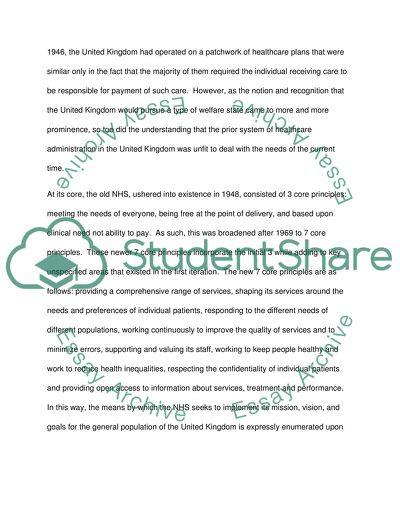Cite this document
(“Analyse how the NHS meets the needs of clients and how the role of the Assignment”, n.d.)
Retrieved from https://studentshare.org/health-sciences-medicine/1466351-analyse-how-the-nhs-meets-the-needs-of-clients-and
Retrieved from https://studentshare.org/health-sciences-medicine/1466351-analyse-how-the-nhs-meets-the-needs-of-clients-and
(Analyse How the NHS Meets the Needs of Clients and How the Role of the Assignment)
https://studentshare.org/health-sciences-medicine/1466351-analyse-how-the-nhs-meets-the-needs-of-clients-and.
https://studentshare.org/health-sciences-medicine/1466351-analyse-how-the-nhs-meets-the-needs-of-clients-and.
“Analyse How the NHS Meets the Needs of Clients and How the Role of the Assignment”, n.d. https://studentshare.org/health-sciences-medicine/1466351-analyse-how-the-nhs-meets-the-needs-of-clients-and.


